 It's Almost Never TMI
It's Almost Never TMI Quite often the details that clients are worried about discussing involve bodily functions. Please know there is no way to give me TMI about your body. To start with, I’ve shared my home with dogs. Any pet lover can regale you with gross stories of the things their pets have eaten, vomited, pooped or disemboweled. It just goes with the territory of loving pets. They are furry, cute, wonderful, and sometimes downright disgusting.
Furthermore, I am a mother. Many parents who have had young children can tell you of a point where they were discussing diaper contents with peers and wondering, “Really? This is what my life is now?” Being a parent has infinite rewards, but it can get pretty darn challenging some days, too. Asides from all the fun with my kids as they grew up, I’ve gone through genital surgeries with two male partners. I’ve had a fully functional female body all my life. You aren’t going to gross me out by discussing what your body has decided to do in a fit of creativity or dysfunction (depending on how you want to frame it). Our society may teach us that talking about our bodies is improper, but that’s not true when you’re working with me. We need to talk about what your body is doing so we can heal it!
Outside of the realm of the human body, I have clients who are anywhere and everywhere on the gender and sexual spectrums. I have clients who are polyamorous. I have clients who are very kinky. I have clients who are having extra-marital affairs. I have clients who use illicit drugs. I have clients who are trying to break addictions and others who have succeeded. All of these clients are special to me, and none of what they tell me about their identities or their life choices makes me think less of them.
Unfortunately, I also have clients who have suffered a great deal of trauma. At least 75% of my clients have been sexually abused at some point in their lives. Many have been physically and emotionally abused. Others also have experienced medical trauma. I definitely fall into all of those categories myself. While the victim feels a great deal shame around the abuse they endured, I don’t view my clients with pity or shame. I see them as humans who need to be accepted, heard, loved, and helped to heal. Whatever they need to share is part of the healing process, and it's not TMI.
I recently told a client at the end of a session, “I don’t think I’ve ever said the word ‘vagina’ so much in one session.” It wasn’t a problem at all for me to be talking about her vagina as we worked on healing the issues at hand. I just had said the word far more than I have before in such short a period of time. And that’s ok! Sometimes we just have to step back and laugh at the absurdity of things when we’re working on healing deep and painful issues.
Know that it is really hard to present me with TMI, and no matter what you share with me, I won’t judge you for it. Instead, I’ll help you come to terms with that “TMI” and heal it as best I can.
©2021 Elizabeth Galen, Ph.D., Green Heart Guidance, LLC
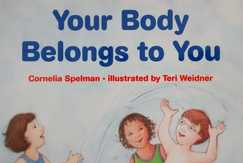
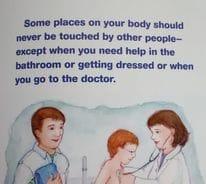
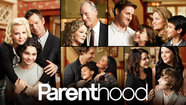


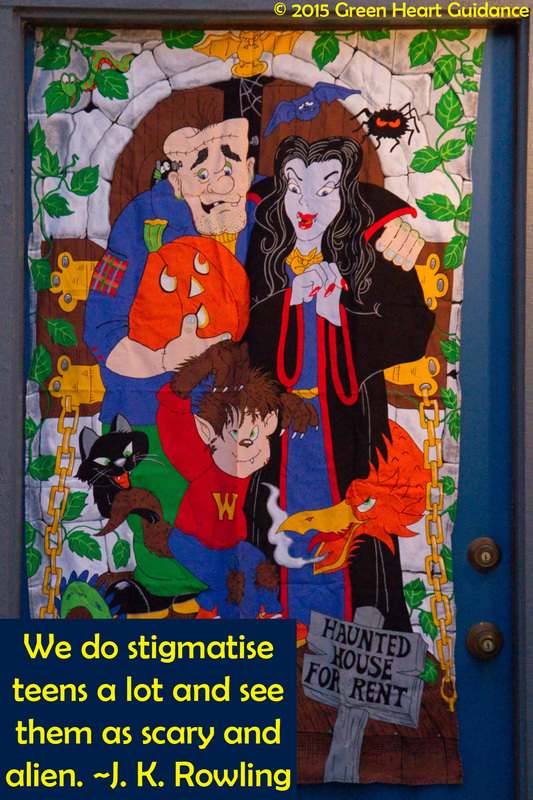



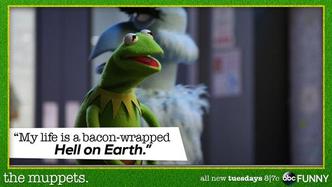




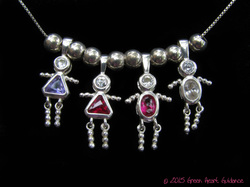
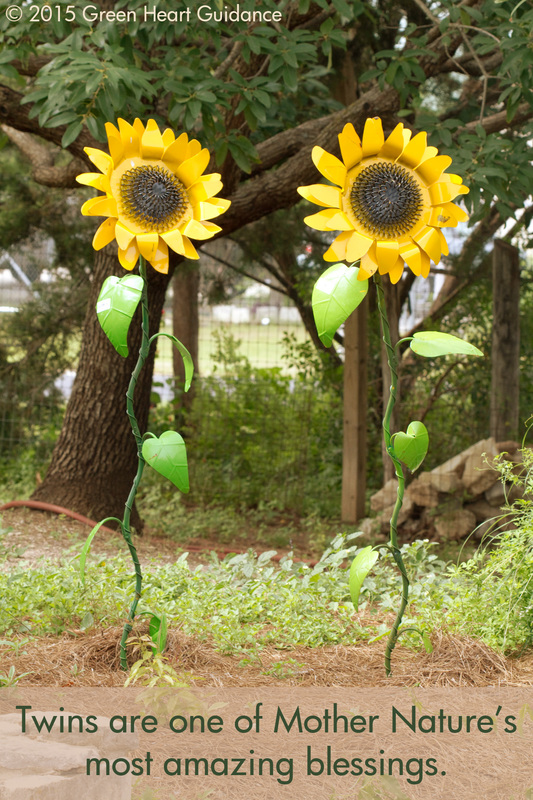
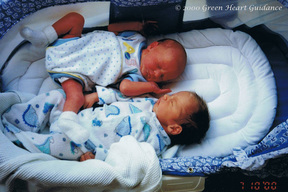



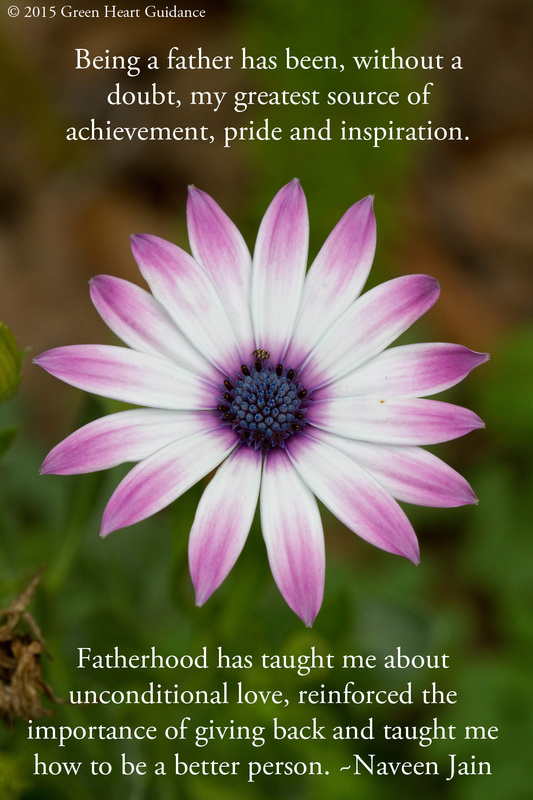
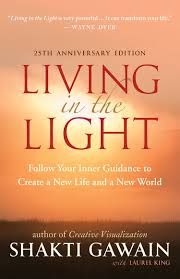


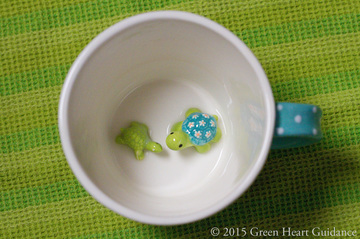

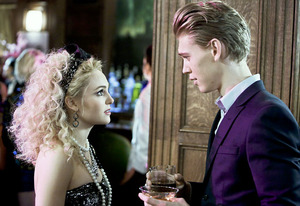
 RSS Feed
RSS Feed